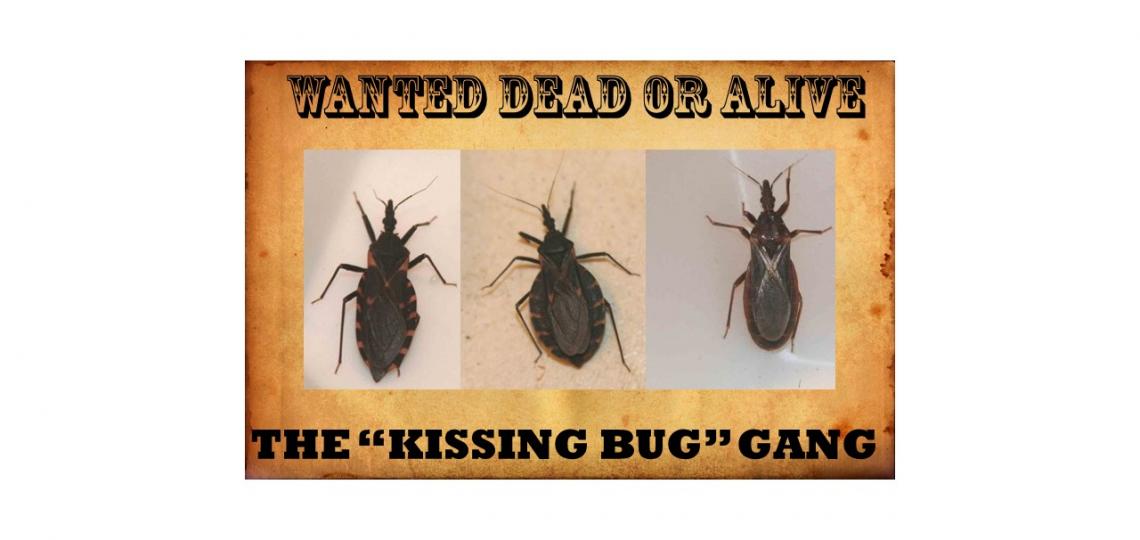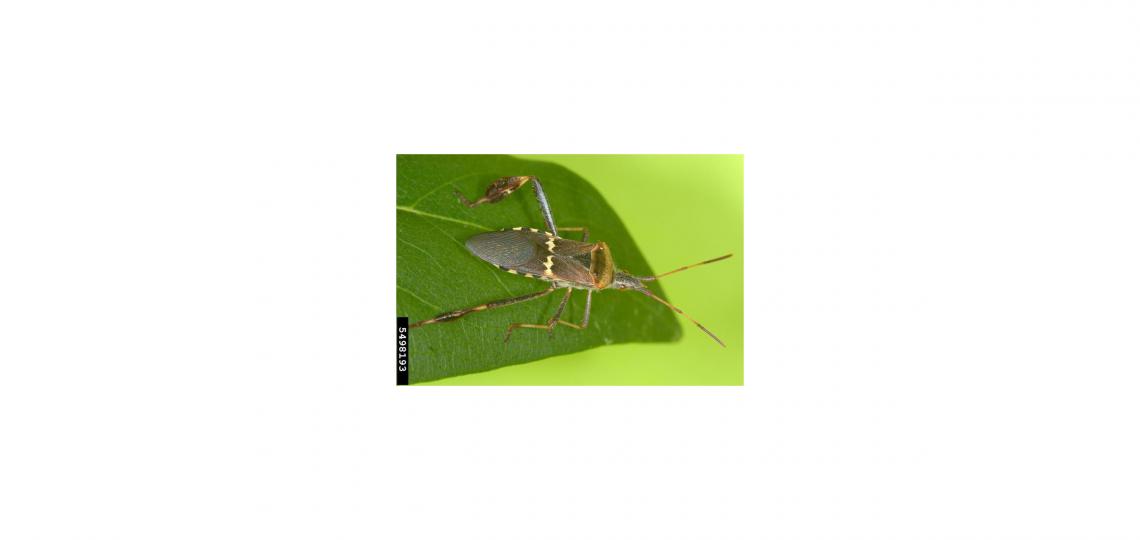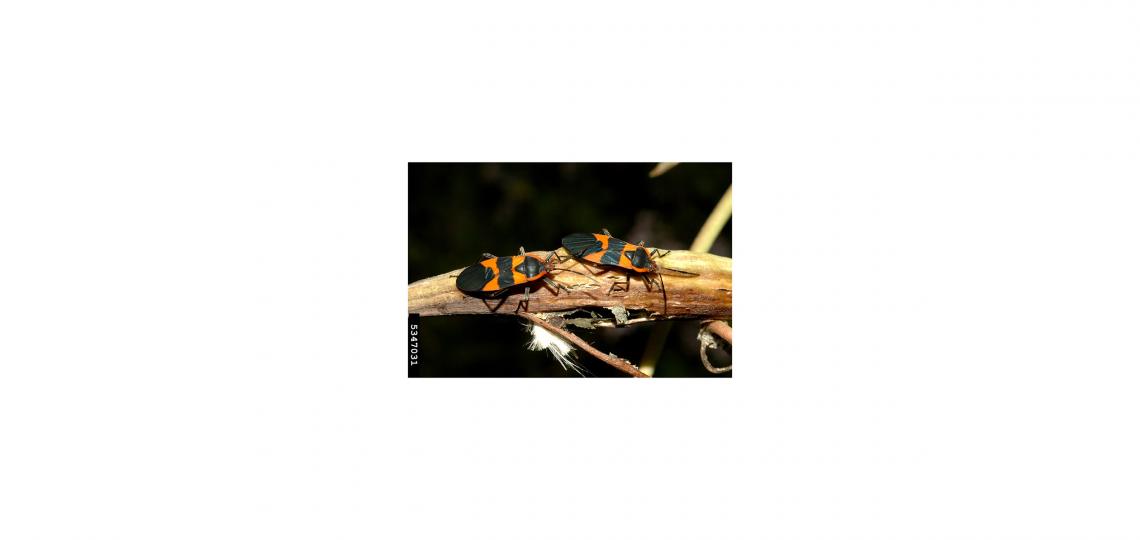If You See These "Kissing Bug" Insects Anywhere in Harris County, We Would Like to Hear From You!
The Laboratory for Zoonotic and Viral Diseases at Baylor College of Medicine, working with Harris County Public Health Mosquito & Vector Control, is currently doing a study aimed to identify areas in Houston with T. cruzi positive insect vectors. Further community outreach will allow education of potentially high-risk populations of their increased risk of contact with the vector for self-awareness and intervention, and a targeted vector control response.
Kissing Bug Collection Instructions
Pictured in the poster above are the three Triatoma species common in Texas (photos courtesy of Dr. Edward Wozniak). Kissing bug specimens (dead or alive) can be placed in a Ziploc bag or a pill vial and mailed in a padded envelope to the address indicated on the submission form. Please fill out the collection information on the submission form include it the in envelope with the specimen. If you have more than one insect, each should be in their own bag and have their own submission form (please make copies if needed, or just write the information on a separate sheet of paper).
The feces of kissing bugs may contain the parasite, so please use caution when handling the insects. If you encounter a kissing bug or its nymph, do not use bare hands trying to catch it, but rather use gloves or an inverted plastic bag or Ziploc bag over your hand. For the same reason the surfaces the bug crawled on should be decontaminated with bleach or similar disinfectants.
Imposters
Many bugs look like kissing bugs but do not harbor T. cruzi. See examples.
Look-Alikes
There are several species of bugs that look like kissing bugs but are not, including the following:
Western Leaf-footed Bug
Leptoglossus clypealis. Photo: Joseph Berger, Bugwood.org
Milkweed Bug
Oncopeltus fasciatus. Photo: William M. Ciesla, Forest Health Management International, Bugwood.org
Stink Bug
Brochymena quadripustulata (rough stink bug). Photo: Steven Valley, Oregon Department of Agriculture, Bugwood.org
Not Sure?
Snap a photo and e-mail it to chagas@bcm.edu.








 Credit
Credit




